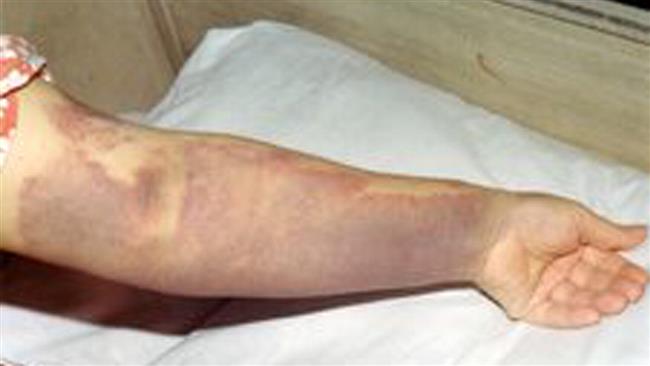ISLAMABAD – Health experts have advised citizens to take special preventive measures to protect against Crimean-Congo hemorrhagic fever (CCHF).
According to them, healthcare workers caring for patients with suspected or confirmed Congo virus, or handling specimens from them, should implement standard infection control precautions.
These include basic hand hygiene, use of personal protective equipment, safe injection practices and safe burial practices.
Dr Wasim Khawaja, a public health specialist at Pakistan Institute of Medical Sciences (PIMS), said reducing the risk of tick-to-human transmission requires protective and light-colored clothing.
He said that people should use approved chemicals intended to kill ticks on clothing, use approved repellent on skin and clothing, and regularly examine clothing and skin for ticks. He also suggested avoiding fields where ticks are abundant and seasons when they are most active.
Dr Khawaja said in order to reduce the risk of animal-to-human transmission people should wear gloves and other protective clothing while handling animals or their tissues in endemic regions, notably during slaughtering, butchering and culling procedures in slaughterhouses or at the house.
He added to dilute the danger of human-to-human transmission in the community, people should avoid close physical contact with CCHF-infected people, wear gloves and protective equipment when taking charge of ill people, and wash hands regularly after caring for visiting sick people.
A medical practitioner at the Federal Government Poly Clinic (FGPC) Dr Sharif Astori said the virus is primarily transferred to people from ticks and livestock animals.













